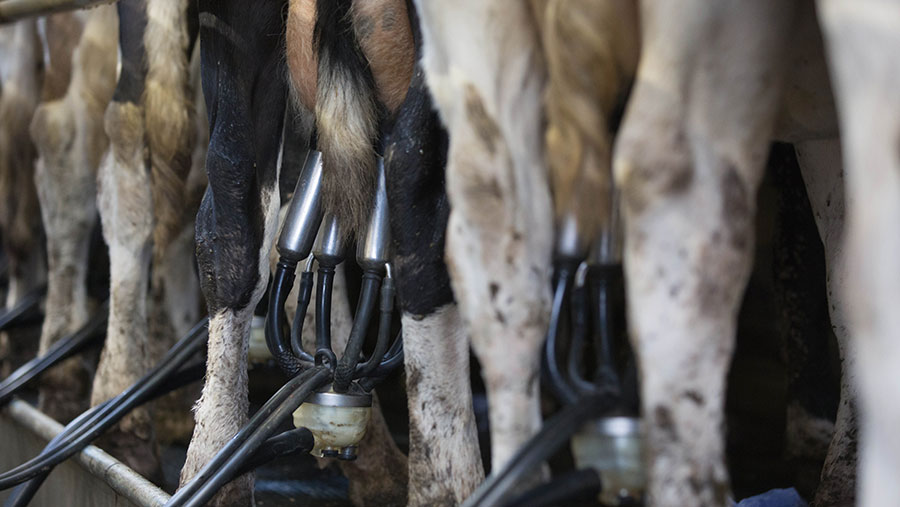Opinion: Farmers are seriously undervalued in the free market
 © Tim Scrivener
© Tim Scrivener All too often we hear that our food system is broken and not fit for purpose. This, I believe, is unfair.
If we look back over the past three months and consider how our supply chains have reacted and adapted, it is hard not to be both impressed and proud to be part of the industry.
Overnight, the landscape changed. The hospitality sector was forced to adapt or face significant losses, and a recent report highlighted product value through our retailers increased by up to 20%, sending shockwaves through a very finely tuned logistical operation.
The method of shopping also changed, with online deliveries increasing by 90%, making a fridge van just about as hard to source as a bicycle seems to be right now.
See also: Farmer networking is important, even if via Zoom, says Colin Ferguson
As with all change, this created opportunities for many.
Buying local
The switch to local buying has seen a reduction in food miles and, most importantly, money spent directly in local communities.
But the story, unfortunately, has not been so positive for many.
The shifting markets have seen strain on commodity prices, routes to market collapse and massive financial burdens on the shoulders of many farm businesses.
Thankfully, we are now seeing an upturn, with the reopening of hospitality and the return of many trade businesses, although the legacy of the tough times will be long lived.
The power to impact our livelihood should not sit with one person in the supply chain. No one should have the monopoly to control the bottom line or discriminate against individuals.
All of the above is the risk and reward of working in free markets.
Much of the turmoil can be justified and, for many, understandable – the hope being that the bounce back will allow the losses to be recouped.
This is where my frustrations in the current system creep in, as it is farmers who pay the price for the tough times, while retailers and processers are riding the peaks.
The fairness and lack of trust is an upfront problem that is having crippling consequences, not only for farmers but the entire rural sector.
Ag runs on trust
Agriculture is an industry that runs on trust; handshakes are as binding as a written contract.
That trust, in my opinion, does not stretch beyond the farmgate. The actions taken by some in this crisis have been truly shocking.
Examples include a family dairy dropping suppliers for have differing attitudes, a large meat processor lobbying government to remove the labelling requirements on imported beef and, most recently, a supermarket showing that “every little helps” as long as you’re a shareholder and not a supplier.
What this demonstrates is the power to impact our livelihood should not sit with one person in the supply chain.
No one should have the monopoly to control the bottom line or discriminate against individuals.
Silenced through fear
Many in the industry are silenced through fear of repercussions.
I am not saying we should not be held accountable for our actions, but we must be able to call out wrongs or unfairness when we see fit.
We need a frank and honest discussion and yet, as primary producers, all too often we feel nervous about sharing our opinion for fear it might impact our businesses.
We must return to a position where debate is healthy and encouraged, where we don’t feel the need to conform or hide away from sharing our views, and where we are not held accountable for challenging the status quo.
Colin Ferguson is a Farmers Weekly columnist and dairy farmer from the Machars Peninsula in south west Scotland. Along with his parents and brother, he milks 450 cows on two units supplying Arla Foods. Colin is also the NFU Scotland regional chair for Dumfries & Galloway and a Scottish Enterprise rural leader.
